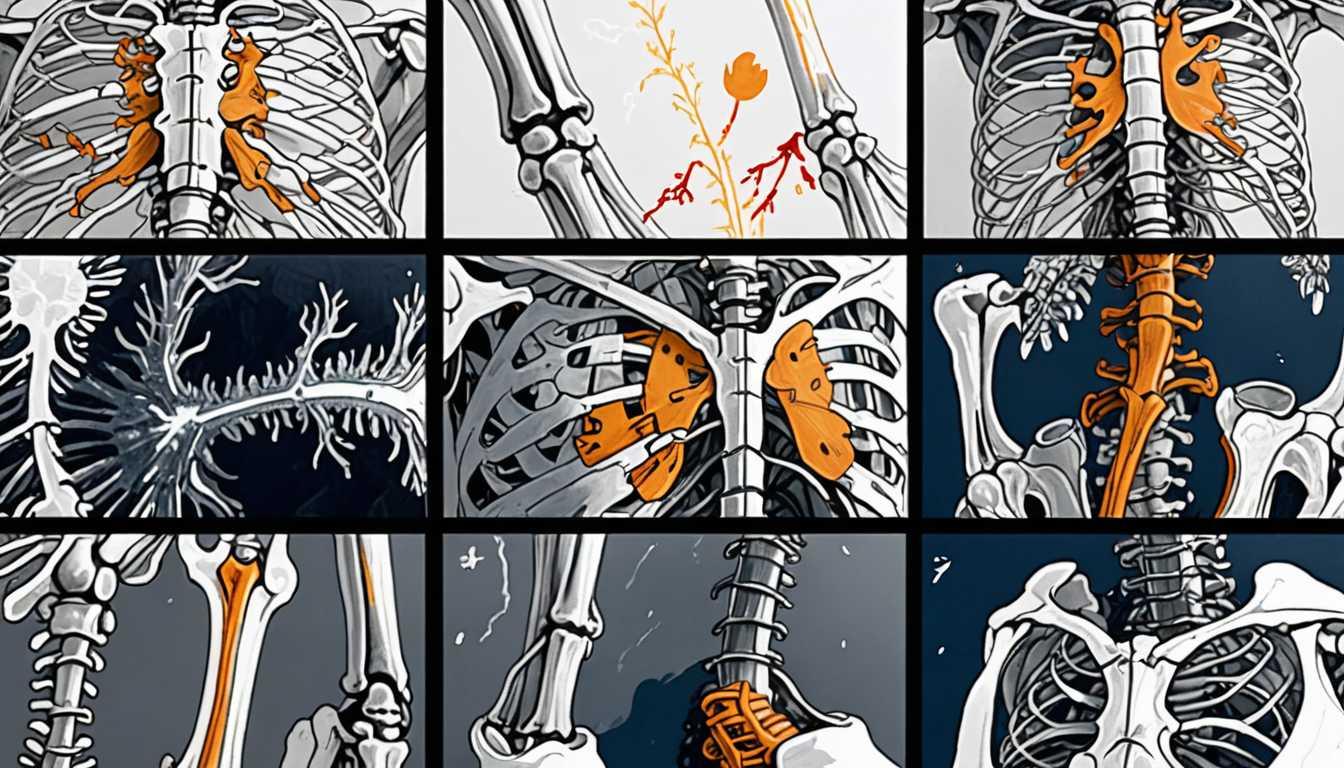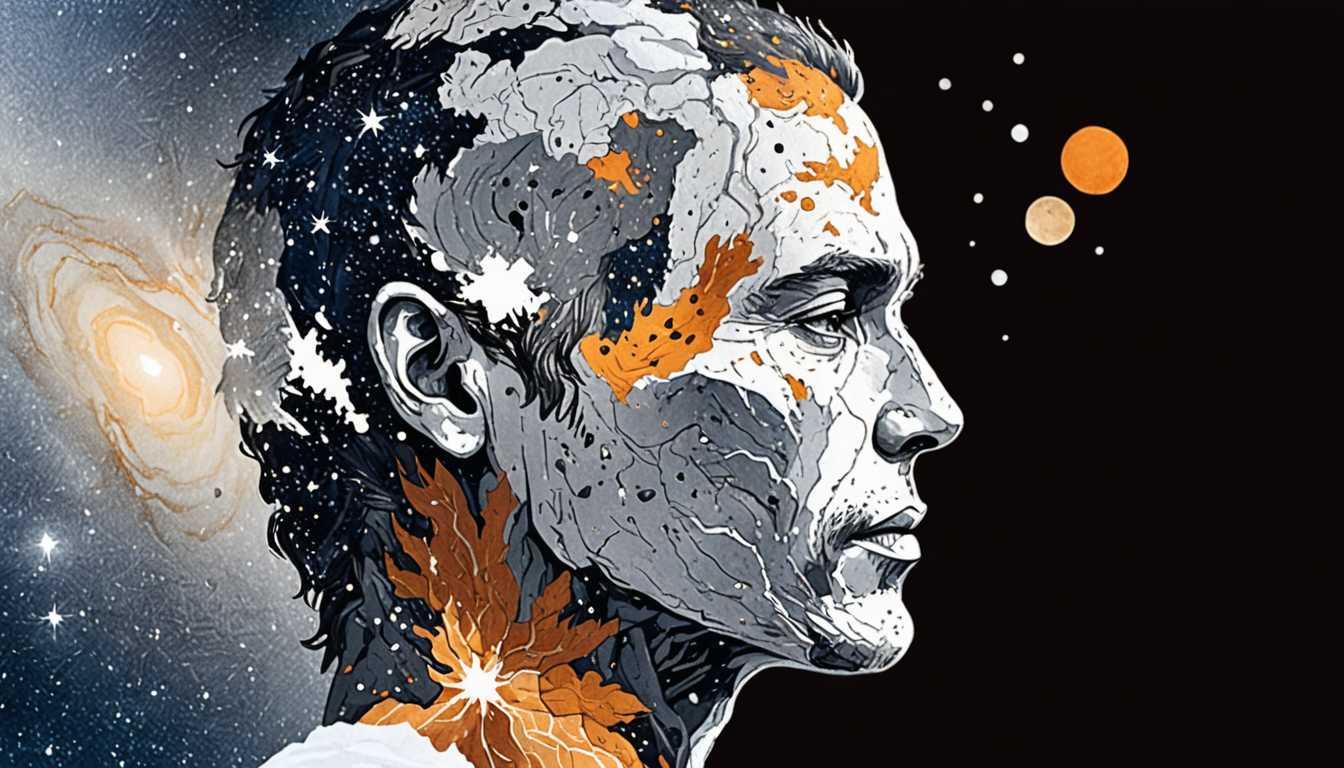AI: Transforming Dementia Diagnosis
August 2021
BBC
Introduction
Imagine a world where a single brain scan could unveil the mysteries of dementia within a day, thanks to the wizardry of artificial intelligence. Scientists are on the brink of revolutionizing how we diagnose this elusive condition, potentially offering predictions on its progression and necessary treatments. This BBC article dives into the groundbreaking research, where AI's keen eye spots patterns no human could, promising a future of early intervention and transformed patient outcomes. Dive in to discover how this AI could change lives, one scan at a time.
READ FULL ARTICLEWhy It Matters
Discover how this topic shapes your world and future
Unveiling the Future of Health with AI
Imagine a world where a single brain scan could tell you if you're on the path to developing dementia, years before any symptoms show up. That's not a snippet from a sci-fi novel; it's the reality scientists are working towards with the help of Artificial Intelligence (AI). This leap in technology isn't just cool—it's life-changing. Early diagnosis means early treatment, slowing down the disease and potentially saving millions from its grip. For you, this might mean more years with a healthy, sharp-minded loved ones, or even a future where dementia is no longer a fear lurking in the shadows of aging. It's a peek into how technology isn't just about new gadgets and faster communications; it's about real, tangible improvements in our quality of life.
Speak like a Scholar
Artificial intelligence (AI)
A branch of computer science dedicated to creating systems that can perform tasks that usually require human intelligence. Think of it as teaching computers to think like us.
Dementia
A term for conditions characterized by a decline in brain function, affecting memory, thinking, and social abilities severely enough to interfere with daily life.
Algorithm
A set of rules or instructions given to an AI to help it learn from data and make decisions or predictions based on that data.
Neurologist
A doctor specialized in treating diseases of the nervous system, which includes the brain, spinal cord, and nerves.
Clinical setting
A healthcare environment, such as a hospital or clinic, where patients receive treatment and are monitored by medical professionals.
Pre-clinical tests
Experiments and evaluations conducted to assess the feasibility, time frame, and cost of a medical intervention before it is used in a clinical setting on humans.
Independent Research Ideas
Exploring AI's role in early detection of other neurological diseases
Investigate how AI could revolutionize the diagnosis and treatment of conditions like Parkinson's or ALS, potentially offering hope to millions.
Ethical implications of AI in healthcare
Delve into the moral questions that arise when machines make life-altering medical decisions. What happens if the AI is wrong?
The evolution of brain scan technology
Trace the history and development of brain imaging techniques and their critical role in diagnosing neurological conditions.
AI and mental health
Explore the potential of AI in diagnosing and treating mental health issues, such as depression or PTSD, and the unique challenges it presents.
The human element in AI healthcare
Examine how patients and doctors feel about AI's increasing role in medicine. Does it enhance the care or impersonalize it?
Related Articles

Tech Revolution: Saving the NHS
January 2023
BBC

Unveiling Bias in Medical AI Models
July 2024
MIT News

Parkinson's Subtypes Unveiled: Machine Learning Breakthrough
July 2024
Cornell News Highlights

Sybil: AI's Leap Against Lung Cancer
January 2023
Massachusetts Institute of Technology (MIT)

AI: The New Detective in Alzheimer’s Battle
March 2023
Harvard University